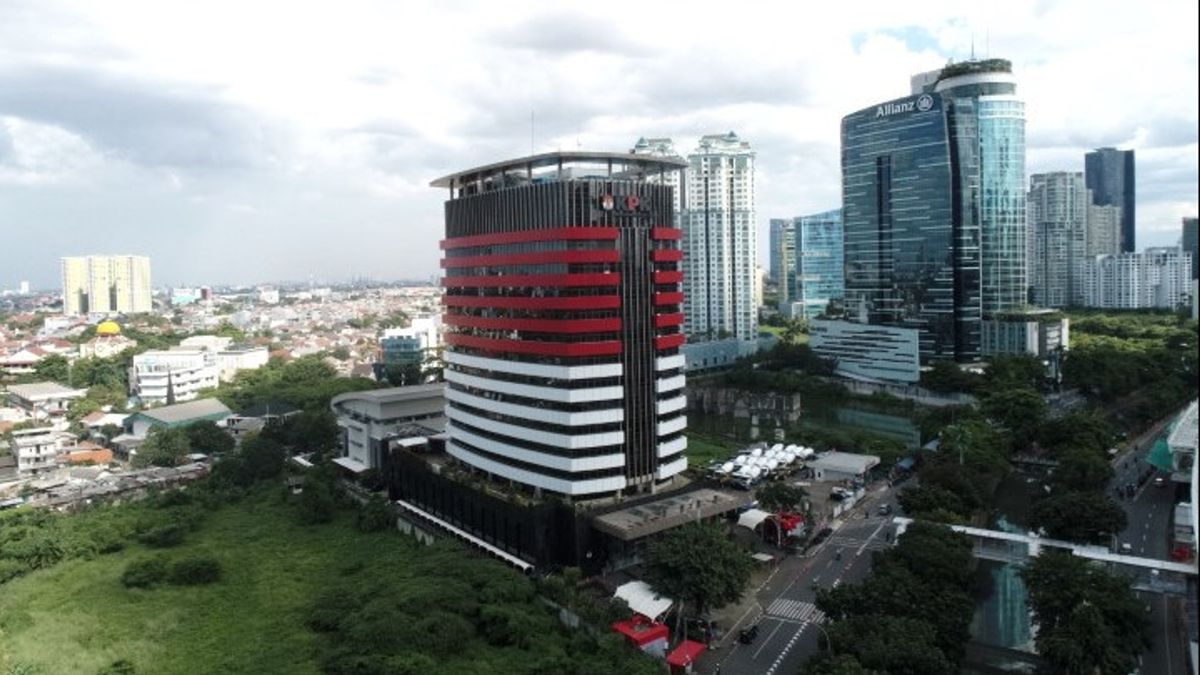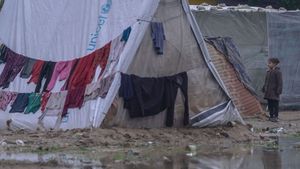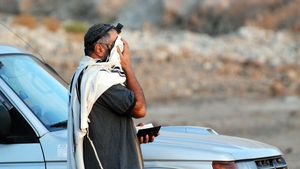JAKARTA - The Corruption Eradication Commission (KPK) claims to have encountered a number of problems related to oil palm licensing in West Papua. These findings will then be evaluated with 10 companies in the area, of which eight companies have conducted field checks.
"The KPK evaluation team found that the expansion of the oil palm industry brought its own problems to Papua," said Acting KPK spokesman for Prevention Ipi Maryati Kuding in a written statement quoted on Tuesday, February 23.
He revealed that some of the problems that became the findings of the evaluation were violations of various permits, the practice of deforestation of natural forests and peatlands for oil palm plantations, and land clearing by burning, not distributing economic equality to communities around the concession area.
Next, another problem that was found was tenure conflicts and problems that arose related to the obligation to develop smallholdings.
"This issue needs to be resolved quickly and strategically, especially considering that forests in Papua are the last bastion of tropical rainforests in Indonesia," he said.
Furthermore, Ipi explained that West Papua has an oil palm concession area of 576,090.84 hectares consisting of 24 companies. Of these, only 11 companies have HGUs and / or planting.
In addition, 383,431.05 hectares of the total area of oil palm plantation concessions in West Papua Province are still forest.
So, with these findings, the evaluation team is preparing recommendations to be submitted to the Governor, Regent and Central Government. It is hoped that these recommendations will not stop at the provincial government but also be followed up to improve natural resource management by involving local community participation.
The KPK, he continued, also hopes that there will be improvements in the management of oil palm plantations by implementing this recommendation. This is necessary in order to close opportunities for corruption, optimize the potential for tax revenue, and make effective law enforcement in the field of natural resources and preserve forests.
Ipi also explained that the evaluation of oil palm licensing was carried out as a follow-up to the signing of the Declaration on Saving Natural Resources in the Land of Papua on 20 September 2018. This is in line with the mandate of Presidential Instruction No. 8 of 2018 concerning Postponement and Evaluation of Oil Palm Plantation Licensing and Increasing Productivity of Oil Palm Plantations.
"The purpose of this oil palm licensing evaluation is to improve the management of oil palm plantations as an effort to prevent corruption, encourage state revenue from the palm oil sector and save the remaining forests in Papua," he explained.
The institutions conducting the evaluation with the KPK are the District Plantation Service, Ministry of Agriculture, KLHK; The Regional Tax Office as well as several related agencies in West Papua.
The English, Chinese, Japanese, Arabic, and French versions are automatically generated by the AI. So there may still be inaccuracies in translating, please always see Indonesian as our main language. (system supported by DigitalSiber.id)









